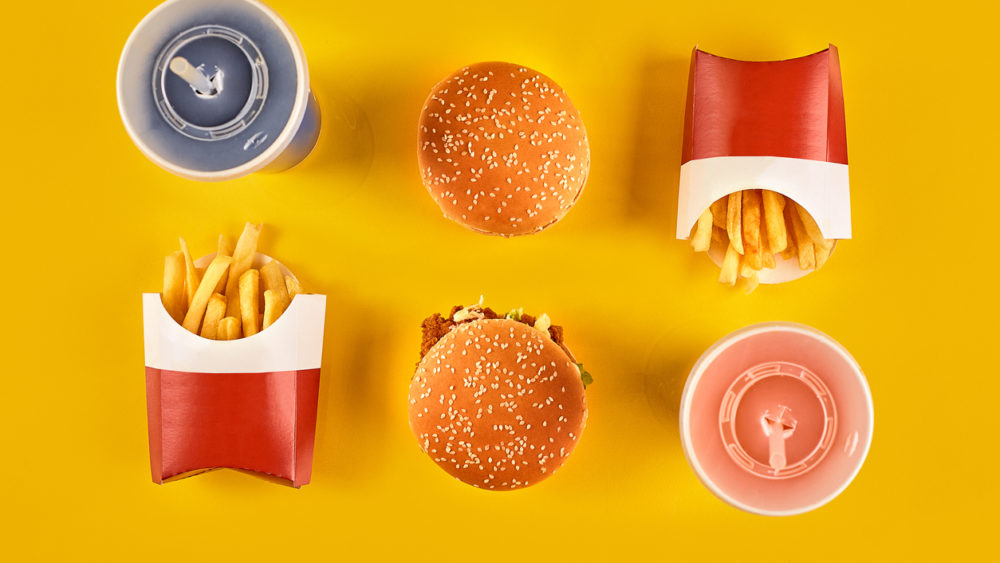
The easy thing to say, and Lord knows I want to, is just eat red meat and oily fish. You wouldn’t have to worry about all this, but since I know those things tend to be more costly; we’ll get into the importance of labels and why you should know that food companies bank on perception not reality.
I recently got done watching the documentary, “Supersize Me 2: Holy Chicken.” If you’re not familiar with the first “Supersize Me,” though I’m sure many of you are, its sequel is really just a deep dive into the fast food industry again to look at how they’ve continued to do the same thing as they were doing 15 years ago. The messaging has changed but the reality is the same: fast food is basically garbage and eating it is detrimental to your health. Yes, even Chick-Fil-A. There are no superior fast food restaurants. They all work under the same guidelines. Do the bare minimum and hope no one looks under the hood.
Food companies have long known that how healthy you perceive something to be is much more important than how healthy it really is. The important piece is that whatever you’re buying tastes good, and boy, do they know how to make sure of that. The messaging 15 years ago was all about low-fat, but as many documentaries and CrossFit has uncovered, fat isn’t what’s causing all of our health problems. Sugar is. So, over the last 15 years, it was important to appeal to consumers desire to eat “fresh, all-natural” foods. Well, behold all the labels that mean quite literally nothing.
All-natural: All this means is that whatever animal you’re eating was “minimally processed,” BUT that’s really left up to whatever the farmer raising the animal deems as minimal. And, most of the time, farmers are going to do what is cheapest and makes them the most money.
100% Organic: This means whatever animal OR fruit/vegetable you’re eating did not have any flour, rolled oats, antibiotics, or hormones added to it and the fruit/vegetable wasn’t injected with preservatives/pesticides.
Free-Range: This means that whatever animal you’re eating HAD ACCESS to outside. It DOES NOT have to go outside nor does it have to stay outside very long. The USDA DOES NOT regulate this.
No Added Hormones: This means that the farmer had to show the USDA that no hormones were added, BUT it’s illegal to add hormones to chickens anyway, so chickens without hormones aren’t special, although the food companies would like you to believe they are.
Pasture-Raised: This is the label you should be looking for. This means that whatever animal you’re eating was raised outside, on a pasture, free to roam around and eat bugs and all those types of things.
We all know that it’s important to stay away from fast food, but I’m sure in a pinch you grab some from time to time. Now, with what we know, that may not be good enough. You should stay away from fast food altogether. Even though they may make these claims there are loopholes that they use to add things to the animals once they’re dead and sent to them to make them more desirable. For example, Chick-Fil-A puts MSG in their chicken, which makes it more palatable and addictive. The USDA really just minimally enforces what happens to the animals while they’re being raised. Once they’re sent to the fast food restaurants, anything goes.
The grocery store on the other hand doesn’t do anything else to the animals once they’re received, but again knowing what the labels really mean is important when making your choices. Eating red meat and oily fish is where you can get all your vitamins and minerals. However, due to costs, be sure to shop for pasture raised chickens/eggs when you are at the grocery store, as these have the chance of actually eating what they were intended to.
To learn more about how the right foods can save and enhance your life — or if you’re interested in a personalized meal plan, email us at info@crossfitvirilis.com or call 210.651.1047.
